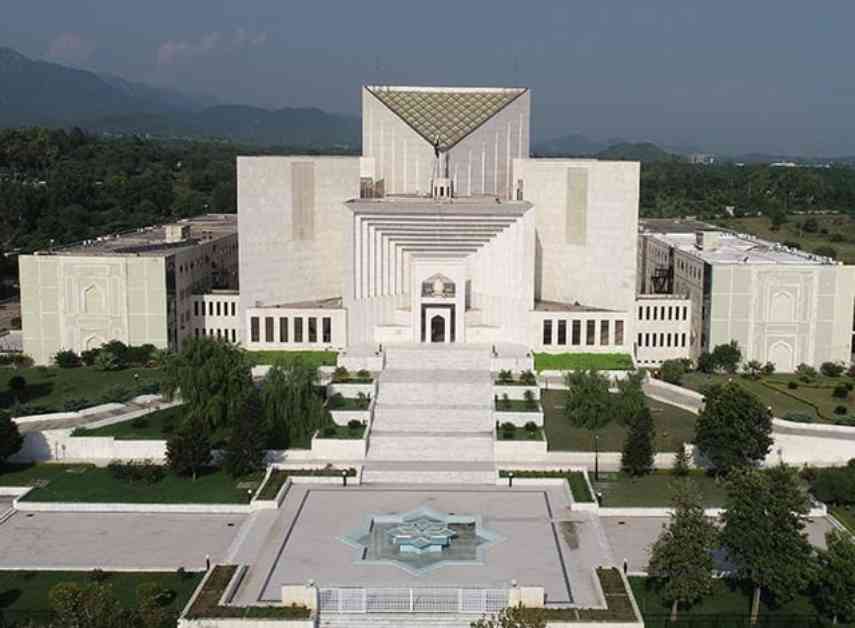SC Removes Official for ‘Mistake’ in Listing Cases
In a surprising turn of events at the Supreme Court of Pakistan, an additional registrar (judicial) was removed for mistakenly listing a constitutional matter before a regular bench. Despite requests by the regular bench members for compliance with their order, the decision to withdraw the case from the regular bench was upheld. This unexpected move has sparked controversy and raised concerns about the independence and integrity of the judiciary.
Regular Bench vs. Constitutional Bench
A three-member regular bench led by Justice Syed Mansoor Ali Shah, along with Justice Ayesha Malik and Justice Aqeel Abbasi, was handling cases challenging the vires of the Custom Act, 1969. However, the SC committee, headed by Chief Justice Yahya Afridi, directed the withdrawal of these cases from the regular bench and their transfer to the Constitutional Bench Committee for re-listing. This decision was met with resistance from the regular bench members, who issued a contempt notice to the additional registrar (judicial) and wrote a letter to the committee expressing their concerns.
Controversy Unfolds
The regular bench members emphasized the importance of judicial orders being followed to maintain the institution’s integrity and uphold public trust in the judiciary. Despite their plea for compliance, the SC regular committee did not reverse its decision and removed the assistant registrar due to a “serious lapse” in listing the cases before the wrong bench. This action has raised questions about the process of case allocation and the authority of administrative orders over judicial decisions.
Expert Insights and Analysis
Legal experts and former officials have weighed in on the situation, highlighting the implications of this controversy on the judicial system. Barrister Asad Rahim Khan expressed concerns about the handling of petitions challenging the 26th Amendment and the potential impact on the Constitutional Bench’s credibility. Former additional attorney general Tariq Mahmood Khokhar drew parallels to historical events and criticized the erosion of judicial independence and authority.
As the legal community grapples with these developments, the removal of the additional registrar serves as a stark reminder of the complexities and challenges faced by the judiciary. The implications of this decision extend beyond individual officials to the broader issues of institutional integrity, constitutional interpretation, and the separation of powers within the judicial system. As the controversy unfolds, the judiciary faces a critical moment of introspection and reform to address the underlying issues and restore public confidence in the legal system.









